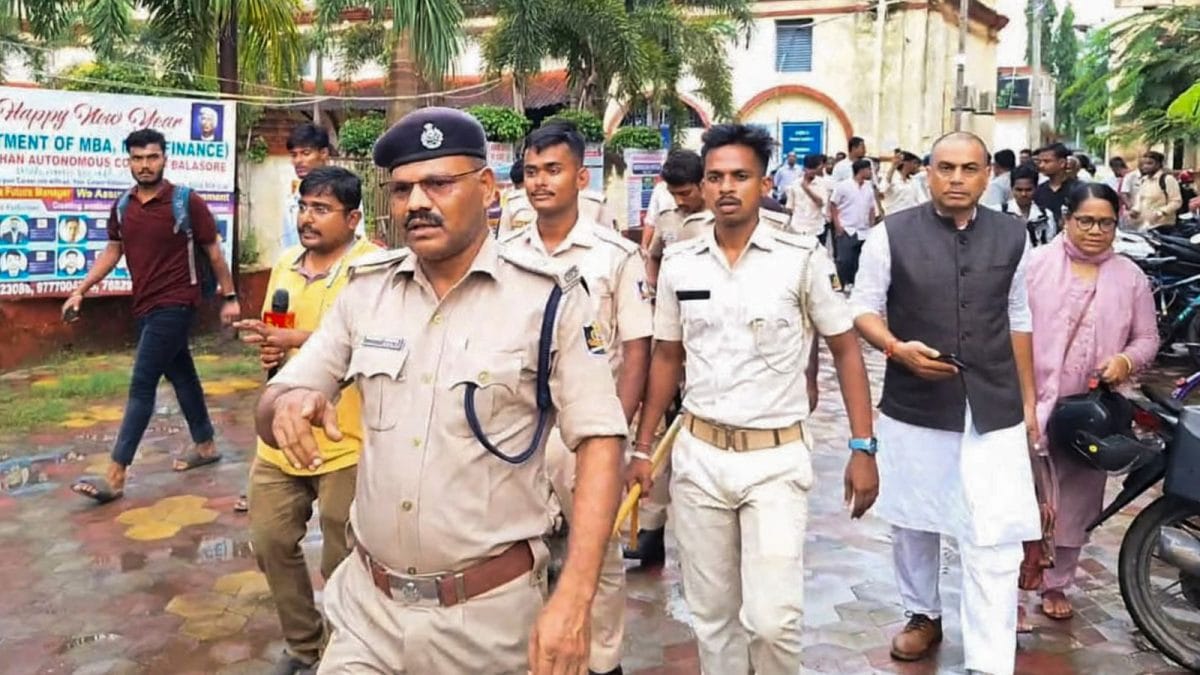For years, Kumari Hema* never truly belonged anywhere. A 32-year-old mother of one, she moved from colony to colony in Hyderabad, chased by whispers, evicted by landlords, and judged by neighbours who recoiled the moment they learnt the truth: that she was a survivor of sexual assault.
“We used to skip meals just to pay ₹3,500 in rent for a place that barely felt like a home,” she recalled, her voice quivering with emotion. “Even then, the owners would harass us,” she said.
That burden, she says, has now been lifted.
Hema is one of several survivors who have been allotted a 2BHK flat in newly-built community housing in the city’s emerging residential hubs. This is part of an initiative by the Telangana government under its Indiramma Indlu housing scheme. The homes are being allotted to Scheduled Caste (SC) and Scheduled Tribes (ST) victims of serious crimes, including rape and murder cases, where convictions have been secured, with the aim of offering safety, dignity and a fresh start.
“Now, no one can ask me to leave. I have a house of my own. My name is on the patta certificate. For someone whose name was once on an FIR, this feels like a real identity,” she said, smiling through her eyes.
For 27-year-old Sonal*, life too had come to a halt after she was sexually assaulted. A promising engineering student at the time, she dropped out of college and retreated from the world due to the trauma and pain the incident brought. Now, years later, she has cleared the Telangana Law Common Entrance Test and is preparing to start an LLB course through distance education in about a month.
“I stopped believing that a future was even possible,” the Protection of Children from Sexual Offences (POCSO) victim said. “But things are changing. I’ve got a second chance in my studies, in my marriage, and now in my own new home.” Sonal, who works part-time as a teacher got married six months ago and is about to move into her new flat with her husband. She is already scouting for nearby schools to work at while continuing her education.
Sudha Laxmi*, 35, a mother of two and a domestic worker, has lived in the same locality for nearly three decades. But familiarity did not spare her from stigma after she was assaulted, even after the perpetrator was convicted. “Neighbours never let me forget it. I faced taunts for years,” she said. “I’m relieved to leave it all behind.”
The women are waiting for final plumbing and electrical work to be completed before they shift into the apartments, built as part of the first phase of the government’s broader housing initiative for atrocity victims. Under this phase, 43 survivors in Cyberabad and 25 from Rachakonda have been allotted homes.
The district’s SC Development Wing, in collaboration with the police, compiles lists of eligible victims. These are cases from 2014 onwards that ended in conviction. The focus, officials say, is on verified cases to avoid legal complications and ensure security.
“These are people who were not just victims of crime, but also of societal neglect. The least we can do is give them a sense of belonging,” said a senior police officer associated with the project.
“The entire process is handled discreetly. In most cases, they are moved into neighbourhoods where others from their community already live.”
The 2BHK homes themselves are simple but sufficient. Each flat is 560 square feet, with two bedrooms, a hall, a kitchen, and two bathrooms. The kitchen opens out onto a small balcony with a washing area. Many occupants have chosen to upgrade the flooring, add tiles or false ceilings, or personalise the space in a small but meaningful ways.
*Names have been changed to protect the identities of the survivors.



.png)
.png)
.png)
















 8 hours ago
5
8 hours ago
5










 English (US) ·
English (US) ·